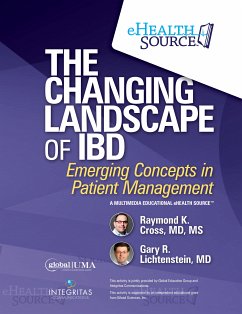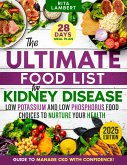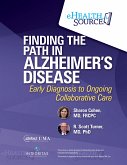In the past 2 decades, the introduction of biologic therapies that target underlying disease processes has dramatically changed the treatment of the inflammatory bowel diseases (IBDs), ulcerative colitis and Crohn's disease. Current biologic therapy with tumor necrosis factor inhibitors and anti-integrins has improved the treatment of IBD flares and maintenance of clinical remission. These agents are, however, limited by primary nonresponse and loss of response in a substantial proportion of patients, disease relapse after cessation of therapy, immunogenicity, and adverse effects such as risk for infection and malignancy. As the pathogenesis and treatment of IBD are complex and variable, there is a need to better understand the underlying pathogenic mechanisms and develop drug therapies to target these mechanisms. Geared to the needs of gastroenterologists, this IBD eHealth program includes an update on patient assessment and treat-to-target goals, as well as a review of best practices in shared decision-making in treatment decisions for induction and maintenance of remission. In addition, the immunopathogenesis of IBD is discussed in the context of current and emerging targeted therapies for moderate to severe disease.
Dieser Download kann aus rechtlichen Gründen nur mit Rechnungsadresse in A, B, BG, CY, CZ, D, DK, EW, E, FIN, F, GR, H, IRL, I, LT, L, LR, M, NL, PL, P, R, S, SLO, SK ausgeliefert werden.









